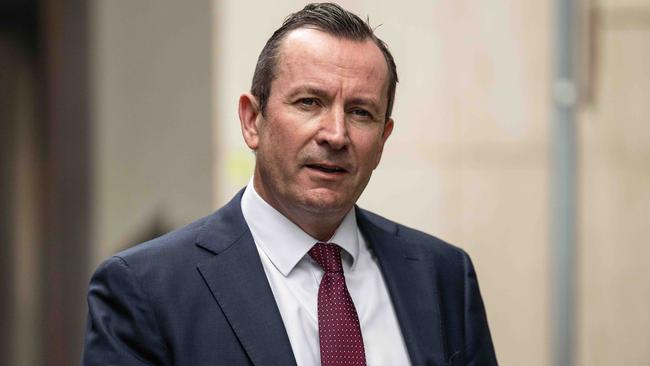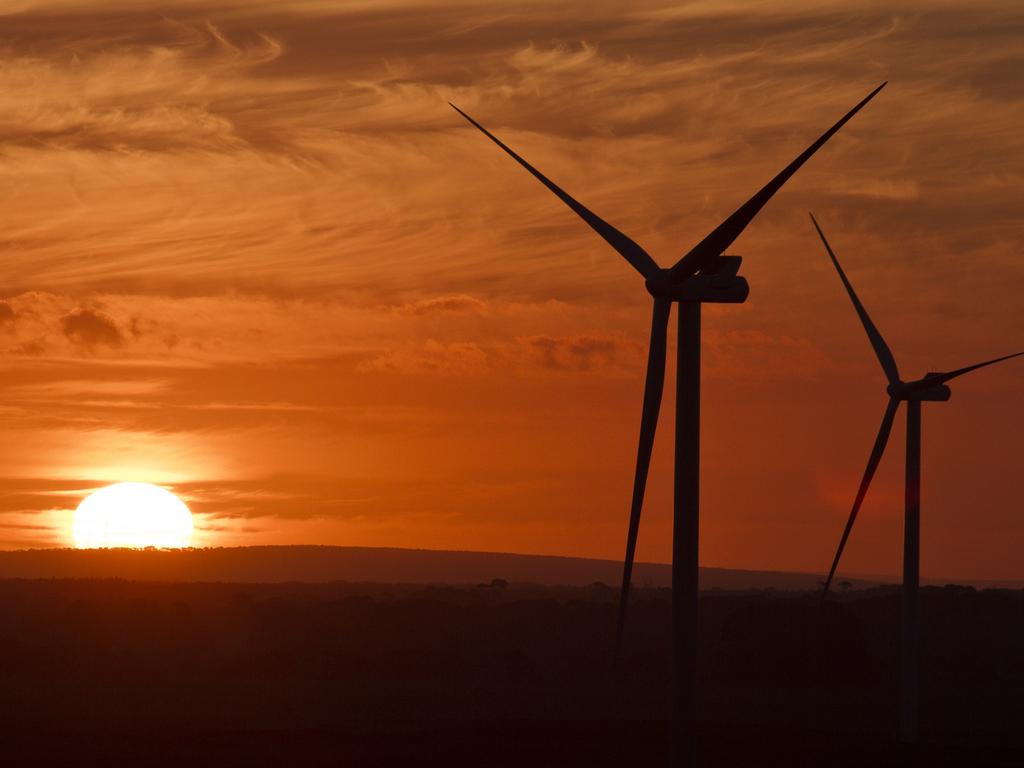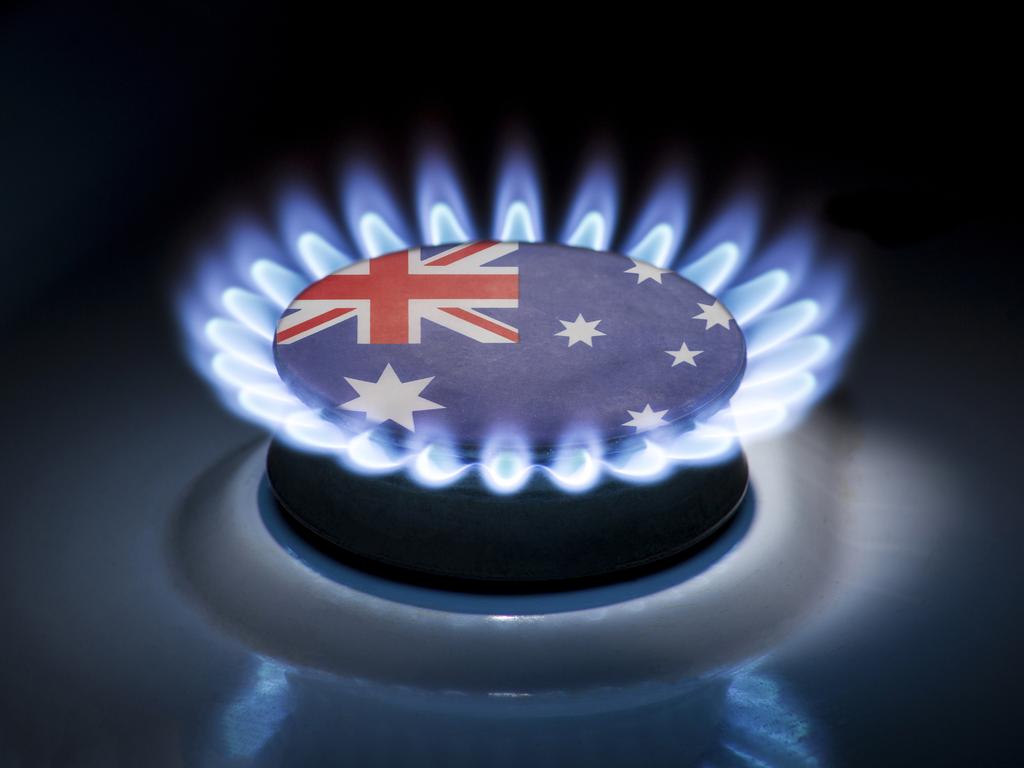WA government to shut state-owned coal-fired power stations by 2030
In a dramatic overhaul, the McGowan government will pump almost $4bn into renewable energy, storage and infrastructure.

The West Australian government will shut its remaining state-owned coal-fired power stations by 2030 and pump almost $4bn into renewable energy, storage and infrastructure under an overhaul of the state’s electricity grid.
The plans, unveiled by WA Premier Mark McGowan on Tuesday afternoon, will see the Collie power station close by late 2027 and the Muja-D power station go offline in late 2029.
The Premier said the moves were a response to the “overwhelming” uptake of rooftop solar in WA, which had created a glut of excess power during the day and had added to the costs – ultimately borne by taxpayers – of maintaining and running the two coal-fired stations. Without action now, he said, average annual household electricity costs would increase by more than $1200 by the end of the decade.
As part of the transition, the state-owned energy provider Synergy will spend $3.8bn on infrastructure, including wind generation and storage that Mr McGowan said would “ensure” continued supply stability and affordability.
The state will rely on gas-generated power – which can be quickly and easily switched on and off in response to supply fluctuations – as well as billions of dollars of batteries, pumped hydro and other solutions aimed at shoring up the grid.
On Tuesday, Mr McGowan said the closure of the stations would pay for itself in the longer run after the government no longer needed to prop up the coal-fired stations. “We’re standing at a point where to continue business as usual would lead to around $3bn of losses by the end of the decade,” he said.
“Those losses either have to be covered by taxpayers or would lead to dramatically higher power bills for West Australians – while still continuing to emit higher levels of carbon emissions.
“Either way, it’s simply not sustainable in the long term.”
The new plan echoes the one put forward by the Liberal Party and then-opposition leader Zak Kirkup in the lead-up to last year’s massive election defeat. That policy, which called for the two coal-fired power stations to close by 2025, was slammed by Mr McGowan at the time as “totally unachievable” and would lead to huge increases in bills, rolling blackouts and major job losses.
Mr McGowan said his plan differed from the Liberal policy by featuring eight times the amount of proposed storage as well as giving more time to implement the changes.
He also announced that the state would not build any new gas-fired power stations after 2030.
The news comes at a time when electricity prices on the east coast are surging and households are being warned of potential blackouts. The situation has been blamed on a combination of cold weather and rising international coal and gas prices.
WA whose energy grid is not connected to the rest of the country, has been largely immune to the pressures and uncertainties being experienced in the east. The state has also benefited from its longstanding gas reservation policy, which requires LNG exporters to set aside a portion of their production for the local market.
Mr McGowan said the eastern states had erred in not following WA’s lead on gas reservation, while his Energy Minister, Bill Johnston, said his state’s plan would see WA avoid the “chaos” now being experienced in the east.
WA Liberal leader David Honey questioned whether the government could deliver the required new infrastructure in time for the coal shutdowns.
“The concern … is whether they can continue to deliver stable power supplies for the people of WA once the Collie coal-fired power stations are closed,” Dr Honey said.








To join the conversation, please log in. Don't have an account? Register
Join the conversation, you are commenting as Logout